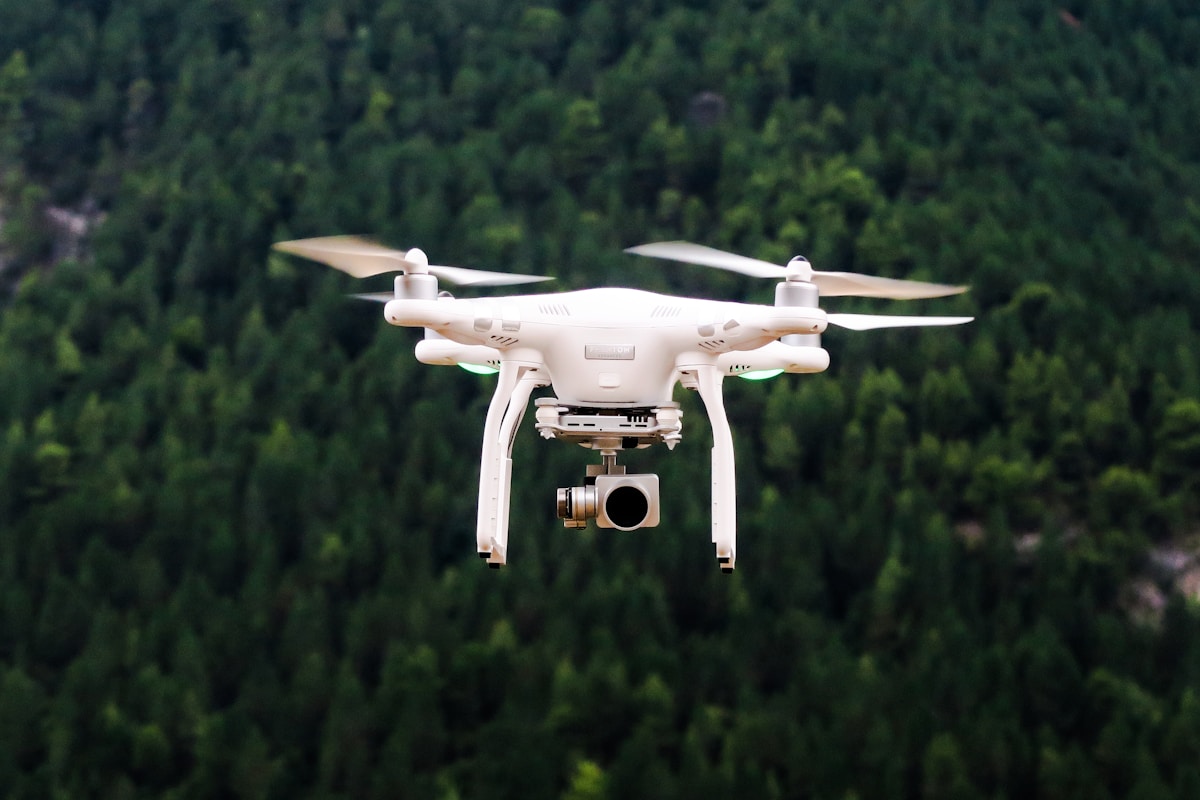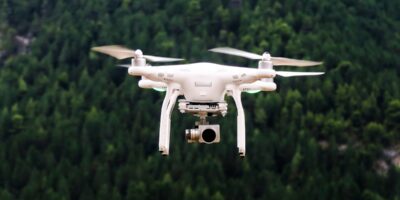Drone Operator Test Preparation Tips
Preparing for the drone operator test requires both theoretical knowledge and practical skills. The test assesses various competencies, including regulations, safety, and operational skills. Here are some tips to help you prepare effectively.
Understand FAA Regulations
The FAA sets the rules for drone operation. These regulations cover aspects like airspace classifications, drone registration, and flight rules. Review the 14 CFR Part 107 guidelines. Familiarize yourself with remote pilot certification requirements. Proper understanding of these rules is crucial.
Study the Airspace Classification

There are six classes of airspace – A, B, C, D, E, and G. Each class has its own rules for drone operations. Knowing where you can and cannot fly is essential. Review sectional charts and airspace maps. Learn about the different airspace permissions and restrictions.
Meteorology Knowledge
Meteorological conditions affect flight performance. Understand weather patterns, clouds, and wind speeds. Study how these elements impact drone operations. Learn to read weather reports and forecasts. This will help you prepare for real-world flying conditions.
Aeronautical Decision-Making
Good decision-making skills are critical for safe drone operations. Learn the basics of risk management. Familiarize yourself with the DECIDE model – Detect, Estimate, Choose, Identify, Do, Evaluate. Practice making informed decisions under different scenarios.
Operational Skills

Hands-on practice is essential. Spend time flying your drone in different conditions. Practice taking off, flying, and landing in various environments. The more you fly, the better your control skills will be. Practice emergency procedures like return-to-home and landing in case of system failure.
Maintenance and Inspection
Proper maintenance ensures the safety and longevity of your drone. Learn how to carry out pre-flight and post-flight inspections. Check for any signs of wear and tear. Keep your drone firmware up-to-date. Regular maintenance can prevent accidents and prolong your drone’s life.
Learning Resources
Utilize available study guides and online courses specifically designed for drone operator test preparation. Join forums and study groups. Engage with other drone enthusiasts and professionals. Knowledge exchange can provide valuable insights and tips.
Practice with Simulators
Flight simulators offer a risk-free way to practice flying. They mimic real-world flying conditions and help improve your skills. Use simulators to practice different flight scenarios and emergency situations. They can provide a significant advantage in test preparation.
Understand the Test Structure
Familiarize yourself with the structure of the drone operator test. The test includes multiple-choice questions covering various aspects of drone operation. Knowing the format can help reduce test anxiety. Take practice tests to get a feel of the actual exam.
Time Management
Practicing under timed conditions helps manage your pace during the actual test. Allocate specific time slots for each section during your preparation. This ensures that you can complete the test within the given time frame without rushing.
Health and Safety Protocols
Understanding health and safety protocols is essential. Learn about responsible drone flying and safety measures. Stay updated on local community rules regarding drone operations. Prioritizing safety minimizes risks to yourself and others.
Your Study Schedule
Create a realistic study timetable. Allocate dedicated hours each week for studying different topics. Regular intervals are better than cramming. Consistency is key to retaining information and honing your skills.
Communication Skills
Effective communication with other airspace users ensures safe operations. Learn radio communication basics. Practice clear and concise communication. This skill is particularly useful if you plan to fly in controlled airspaces or participate in professional operations.
“`




Subscribe for Updates
Get the latest articles delivered to your inbox.
We respect your privacy. Unsubscribe anytime.